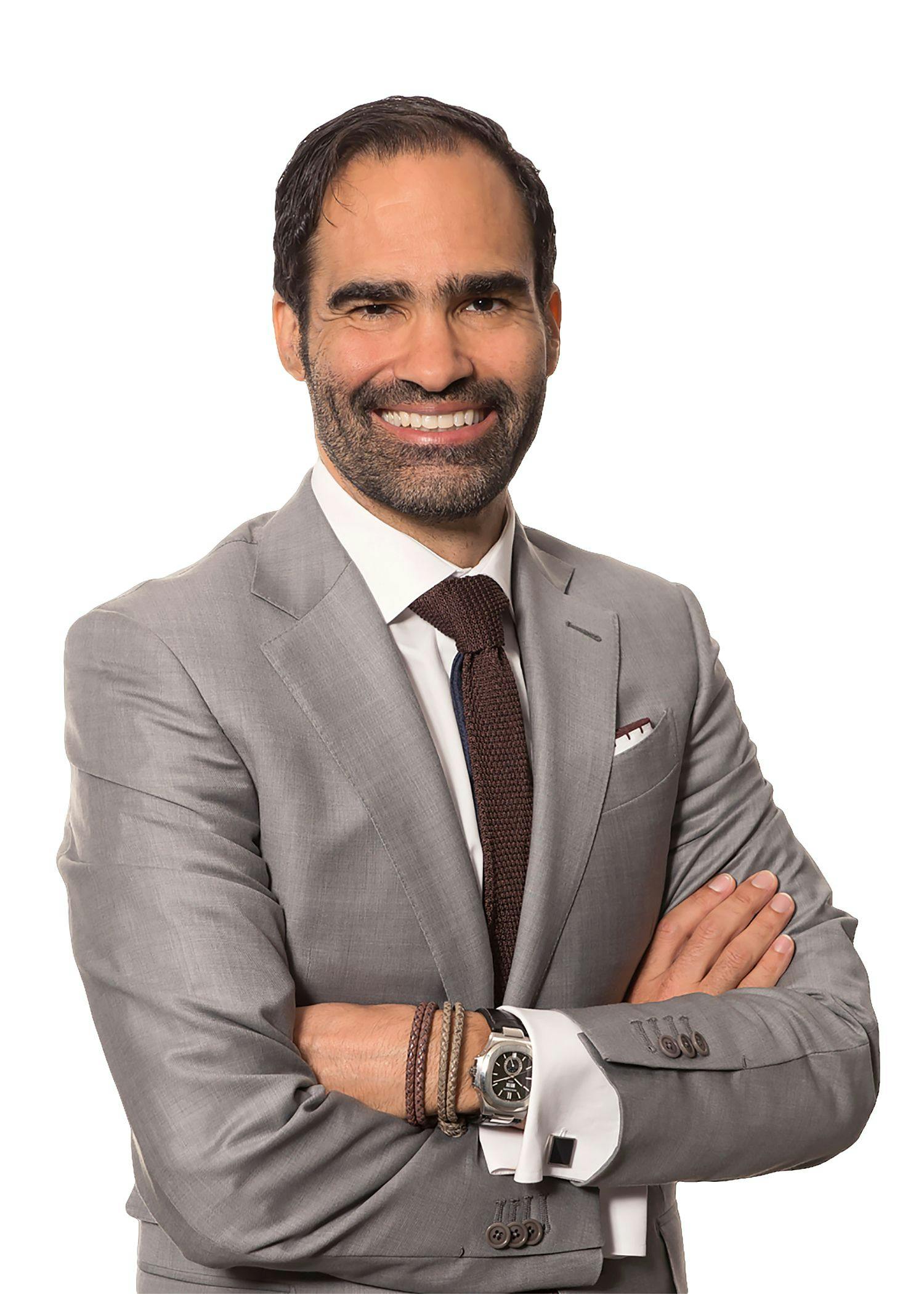The term “cyber” is derived from “cybernetic,” and its original Greek meaning describes someone skilled in steering or governing. Today, it’s typically used in the realm of computer science, making “cyber-luxury” the perfect term for a crucial aspect of the future of luxury: digital and artificial intelligence.
During the past year, I spoke with head brand managers at several international conferences about how to manage luxury brands in times of uncertainty and disruption, and there was always one common thread: It’s a struggle for brands to gain insights about consumers, competitors, key influencers, trending topics, and potential crises. As a case in point, the speed with which Chinese consumers lost confidence in Dolce & Gabbana because of a series of communication mistakes shows how badly brands need to have access to real-time information about how consumers are viewing them. These days, it’s a matter of survival.
During one particular conference, the Sotheby’s x Jing DailyFuture of Luxury conference in Hong Kong, I led a panel on Artificial Intelligence and asked the audience, “how many of you are responsible for luxury brands, either as CEO, CMO, or some other leading marketing position?” Most hands in the audience rose. But then I asked, “how many of you can tell me right now, how your brand is trending in the last hour, how consumers see you right now, and how your social media is currently driving sales?” Not one hand rose.
This example highlights a paradox: Top managers of luxury brands need relevant information, but they don’t have it. Most brands do indeed have social media listening tools, but in most cases, they are completely useless. That’s because most of these tools can’t identify the deep connections between a brand’s data points. Listening isn’t enough. What top managers also need is real-time analytics about what’s going on with their brand. And real-time means now, not in a month, or a week from now.
That’s why I always recommend the most advanced digital data querying and analytics tools that run on extremely sophisticated machine learning algorithms and artificial intelligence engines. A.I.-driven “cyber- luxury” is the game-changer for luxury brands. Why? For one luxury car brand, 80-90 percent of its digital communications had no relevance at all to its consumers.
Traditional social listening tools indicated that the brand had received a high amount of likes and garnered some other metrics that sounded reassuring. However, the brand was not effective in influencing consumers. While people liked the brand’s posts, its content didn’t change anything in the way people communicate about the brand. This one-directional messaging was unable to activate or engage the target audience.
Even worse, as a result of the brand’s ineffective communication, competitors were easily able to occupy the luxury car brand’s desired positioning space in the minds of consumers. The result was millions of dollars in advertising investment wasted while competitors took the lead in the luxury car category.
Another example: After looking at a high-level consumer event for a luxury brand, it was discovered that most of the event’s communications were happening among company employees rather than consumers. The event became just another lost opportunity as well as an inefficient use of a marketing budget.
Why does this matter? In practically all luxury categories, there’s a lot of fluidity between digital and physical realms. Even for high-involvement categories like luxury cars, luxury beauty, or luxury fashion, consumers build their preferences across all touchpoints, and digital becomes an important tool for shaping perceptions. If brands are ineffective at communicating through social media and digital channels, the likelihood that a sale will happen in a boutique, store or car dealership falls significantly lower. Cyber- luxury is a reality, and brands must “steer and govern” the brand story with relevant communication.
Back in the days when communication was one-directional (print magazines, outdoor ads, and television ads), brands could get away with simply building awareness. But in today’s digital reality, brands have to make sense of all their digital communications, especially when addressing millennials and Gen Zers. Cyber-luxury is a closed loop that’s built around consumers. In it, consumer insights are generated in real-time and then translated into actionable content that strengthens the brand’s positioning and identity.
A decade from now, brands that can’t adapt to using sophisticated digital analytics tools while connecting them to actionable insights won’t survive. Preferences simply change too fast now that influencers can create nonstop instability and competitors are multiplying by the day. The growing Chinese luxury market and its young, digital-savvy consumers are only amplifying this development.
The use of advanced cyber-luxury tools is indispensable for validating and strengthening luxury brand positioning and storytelling. These tools offer a fundamental understanding of how brands are perceived by customers and how those perceptions have been trending in a competitive field. They allow for a type of precision brand diagnostics that wasn’t possible with traditional market research. Once a brand relaunches, for instance, cyber-luxury tools allow it to immediately track whether the relaunch is being noticed by consumers and whether its communication content is relevant. This boosts the effectiveness of marketing measures, reduces wasted communication spending, and even identifies early warning signals in case things quickly go wrong.
The world around us is changing drastically. Cyber-luxury, which represents the use of today’s most sophisticated digital and artificial intelligence tools, will continue to shape and change the world of luxury at unprecedented speeds. It is the most impactful technology I’ve experienced in my many years working with brands. Managers simply can’t compete without it.
Daniel Langer is CEO of the luxury, lifestyle and consumer brand strategy firm Équité, and the professor of luxury strategy and extreme value creation at Pepperdine University in Malibu, California. He consults some of the leading luxury brands in the world, is the author of several luxury management books, a global keynote speaker, and holds luxury masterclasses in Europe, the USA, and Asia. Follow @drlanger


